- About us
- Assisted Reproduction
Prices and financing
Other specialties
- What is your case?
- Contact
IVF with donor eggs, also known as Egg Donation, is an Assisted Reproduction technique involving In Vitro Fertilisation with eggs from a donor and the partner’s sperm (or a sperm donor’s).
To obtain the best results, at Institut Marquès we always use intracytoplasmic sperm injection (ICSI) in all IVF treatments.
The donor’s eggs are fertilised with the partner’s (or donor’s) sperm in the laboratory and the resulting embryo or embryos are, then transferred to the patient’s uterus. This is an optimal option for those patients whose eggs are not of sufficient quality to achieve an evolutionary pregnancy.
In Vitro Fertilisation has advanced significantly in recent years and today has very high pregnancy rates as long as it is performed in a qualified centre. Diagnosis, personalised guidance and coordination of the medical team are essential for the success of the process. It is also essential that it develops in A laboratory equipped with advanced technology in Reproductive Biology is also vital, allowing the most suitable eggs, sperm and embryos to be obtained to achieve a pregnancy.
With the partner’s sperm
With donor sperm (double donation)
Partner’s sperm | Sperm bank | |
|---|---|---|
Pregnancy/cycle 82.6 % | 87,2% | 91,5%
|
Clinical pregnancy/cycle | 80,8% | 87,4%
|
Live birth/cycle | 77,8% | 84,0%
|
Twin pregnancy | 3,2% | 3,2% |
Average frozen embryos | 2,7 | 3,0 |
Average transferred embryos | 1,1 | 1,1 |
4 eggs | 6-7 eggs | +8 eggs | |
|---|---|---|---|
Pregnancy per transfer | 61,5% | 65,2% | 65% |
Pregnancy/cycle | 85%
| 91% | 90%
|
Average of good quality blastocysts | 2,1 | 3,1 | 3,2 |
The pregnancy rate per cycle refers to pregnancies achieved with embryos generated from egg retrieval. (This includes the transfer of fresh embryos and any possible frozen ones.)
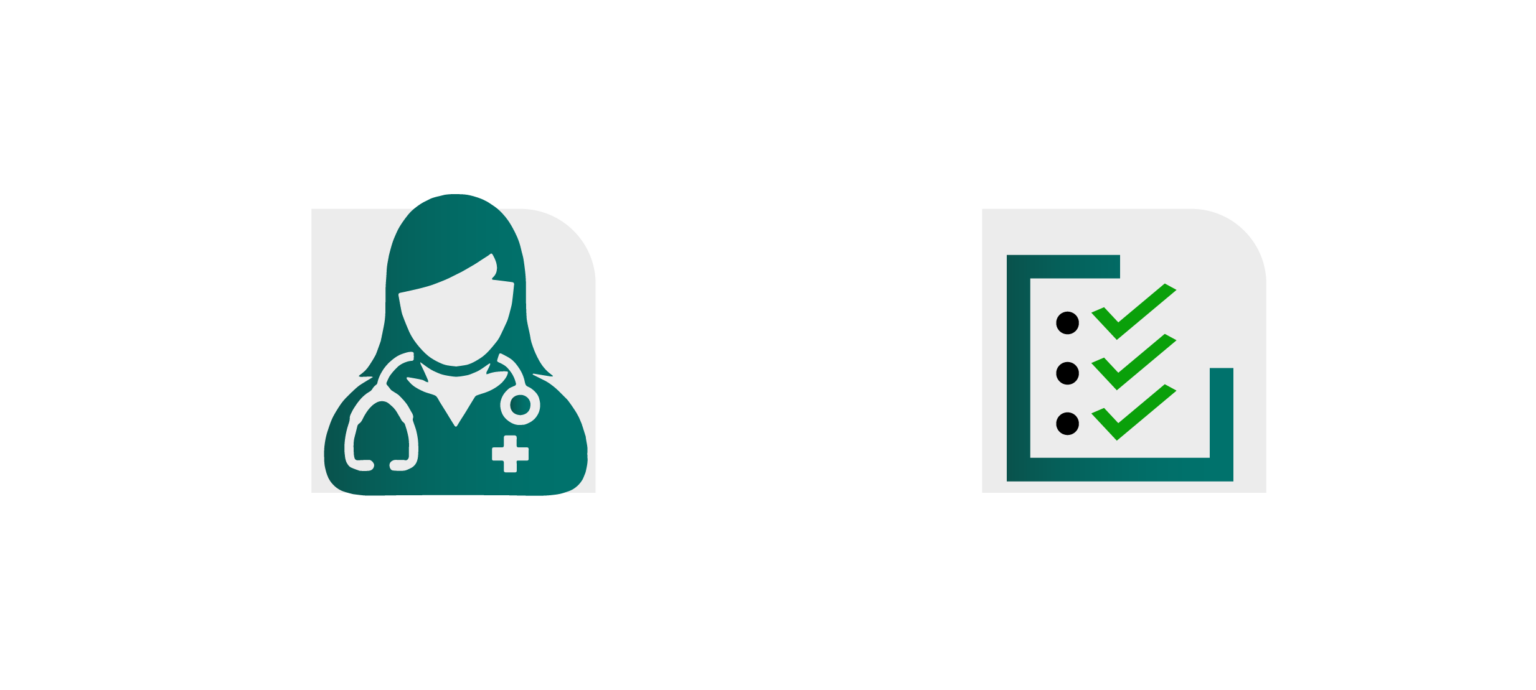
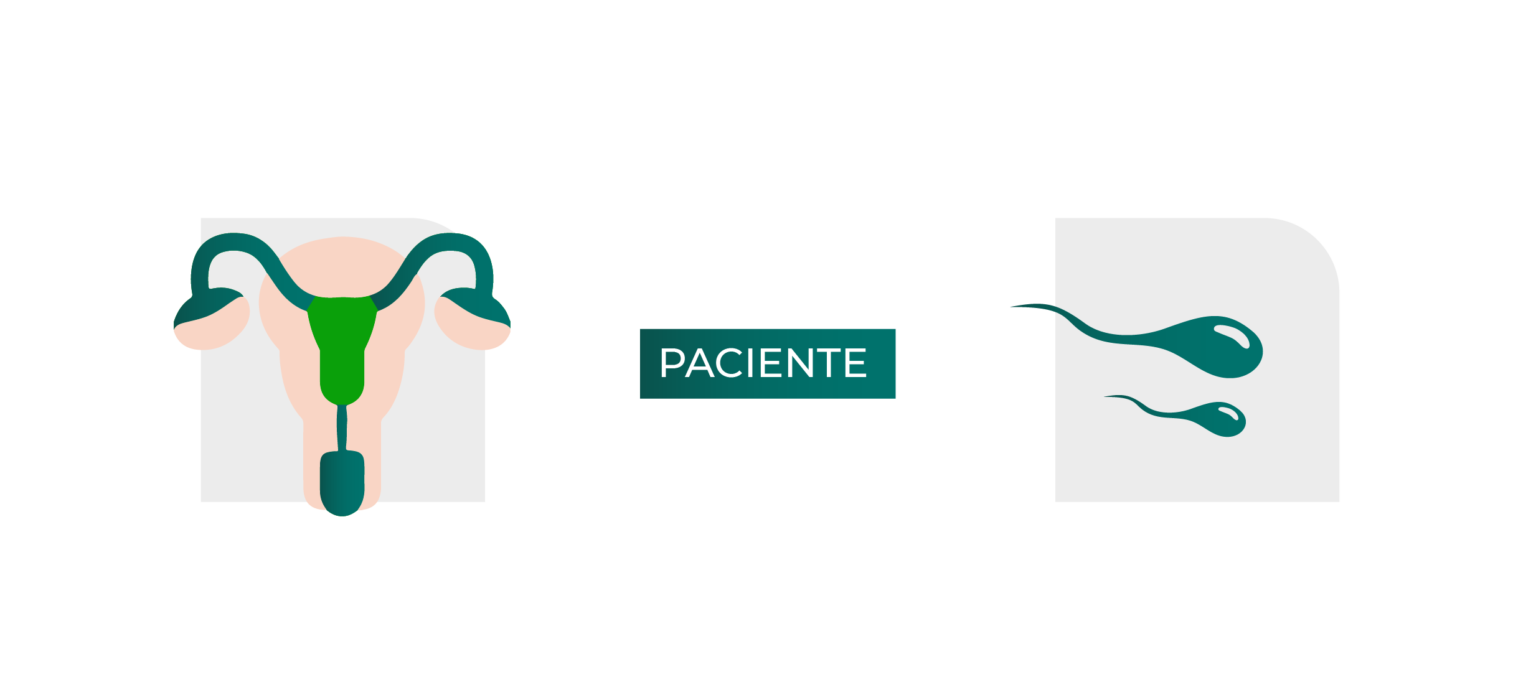
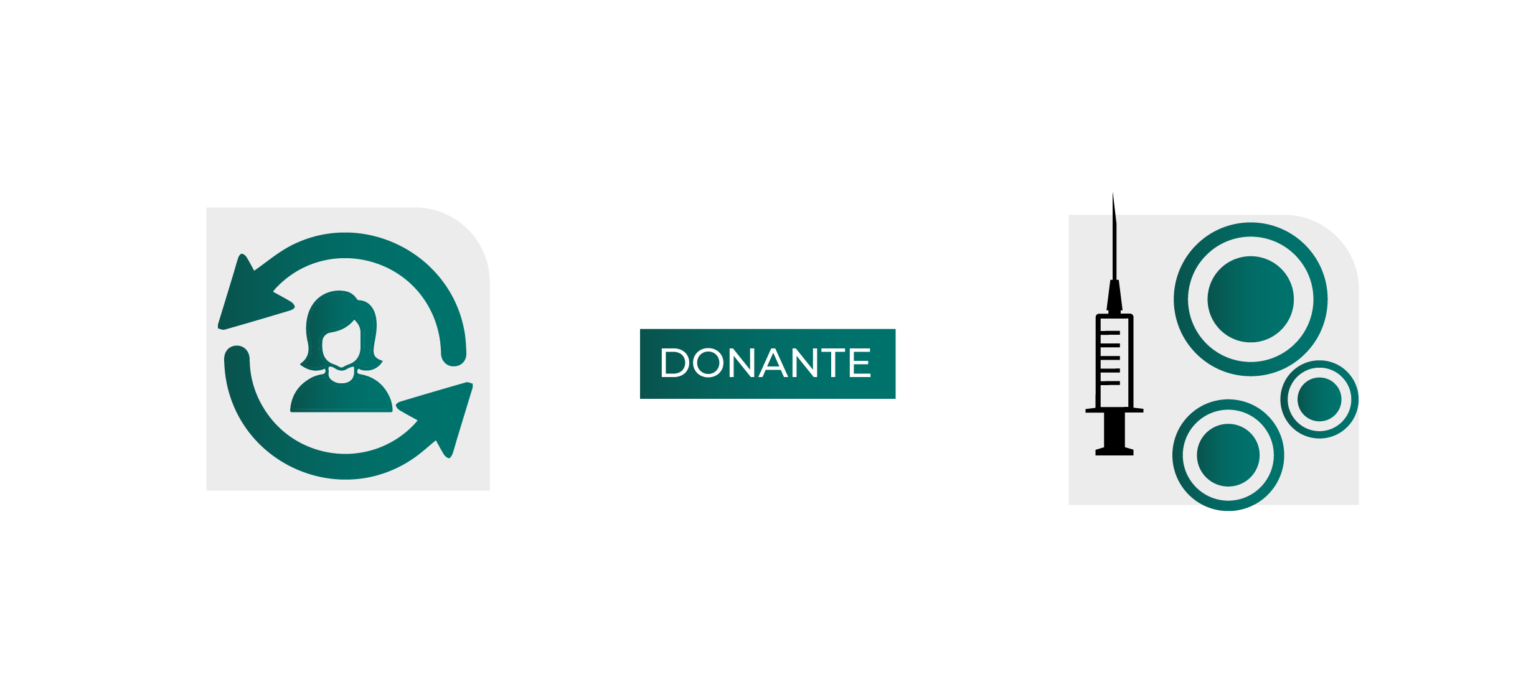
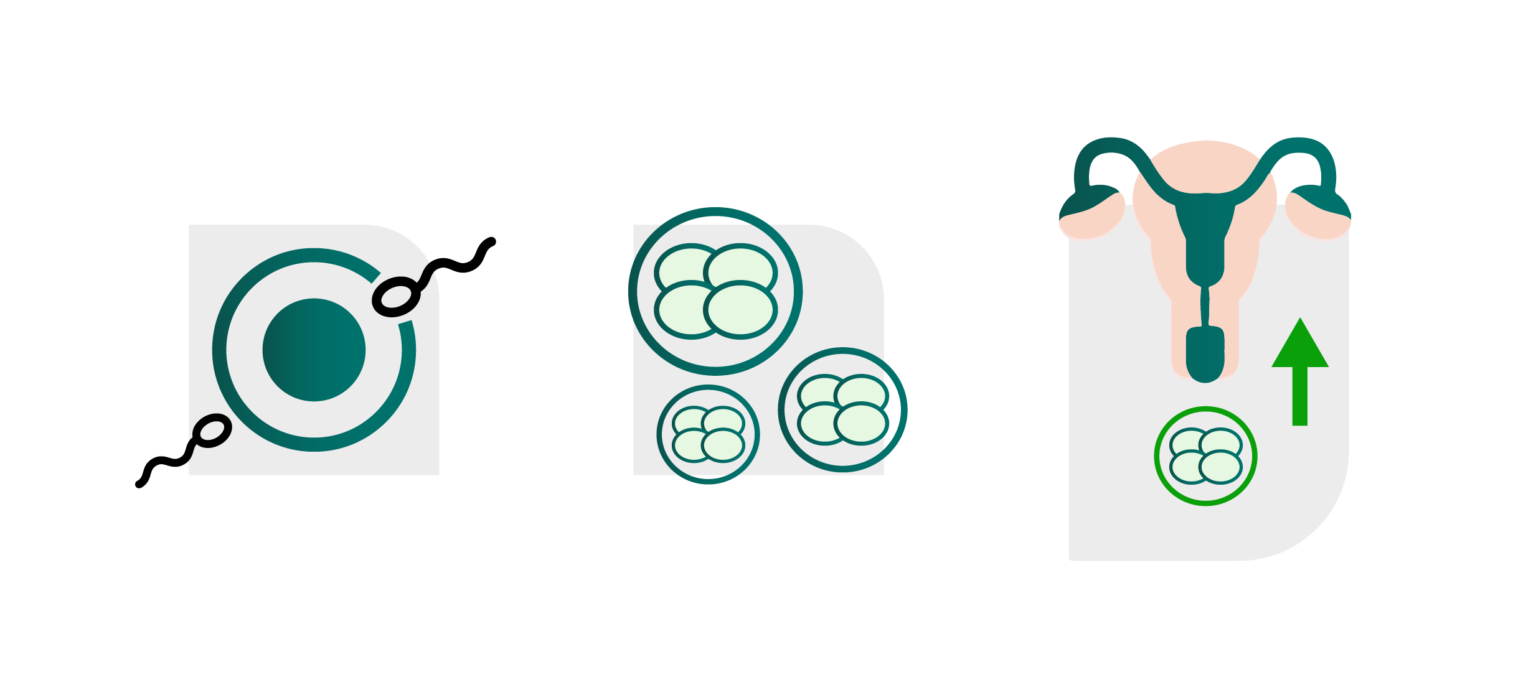
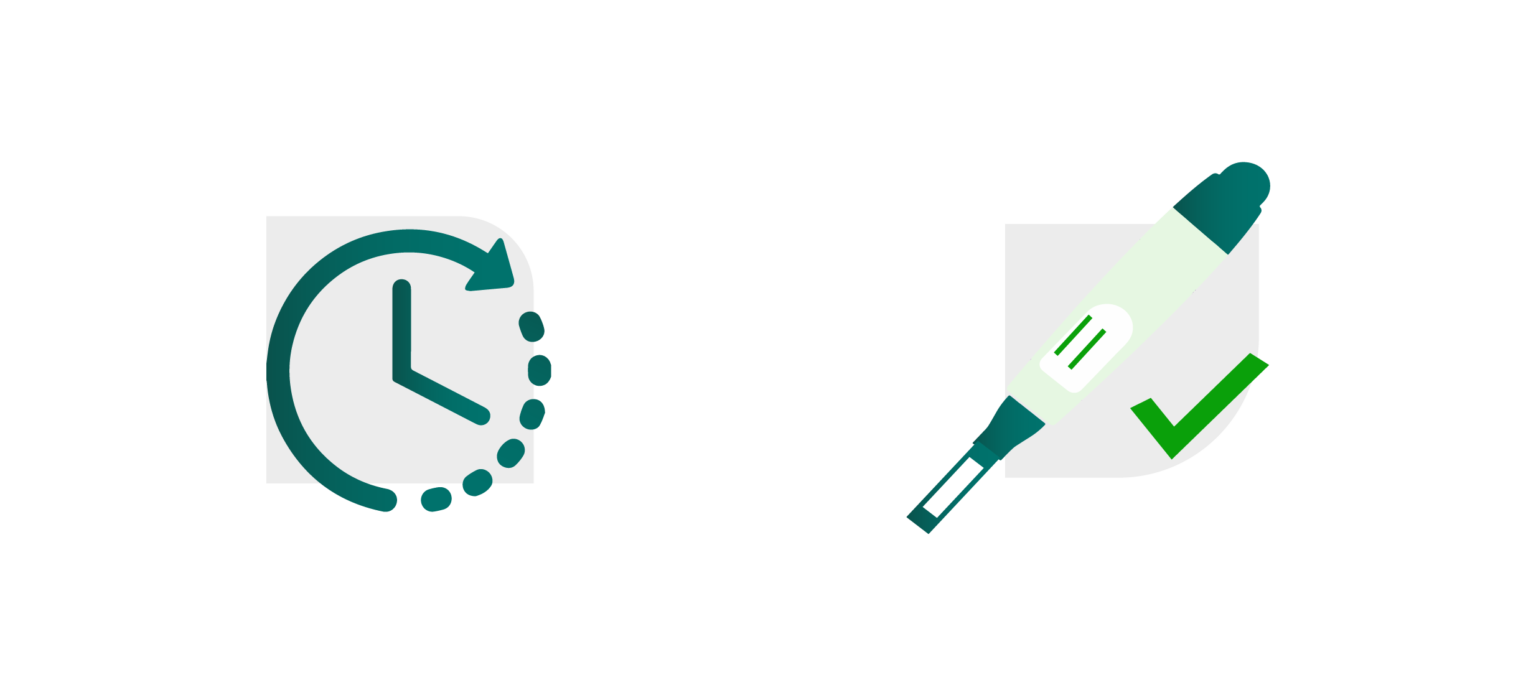
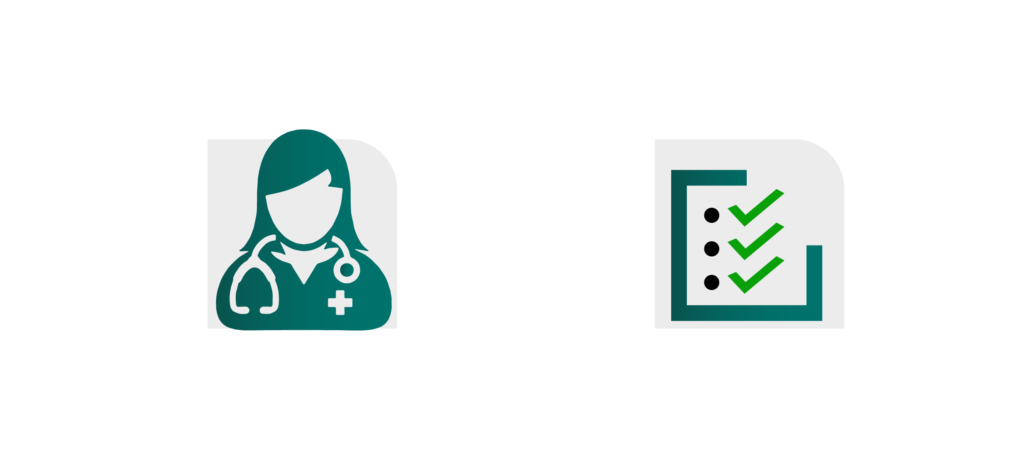
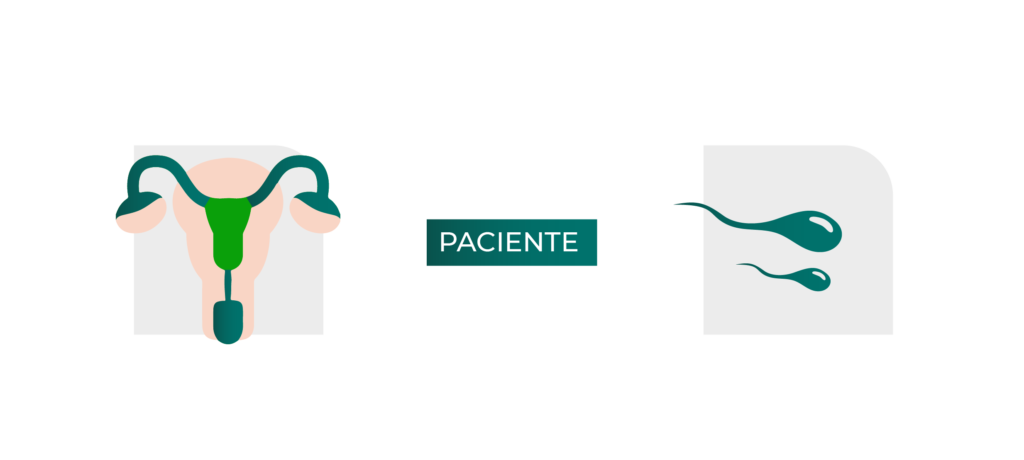
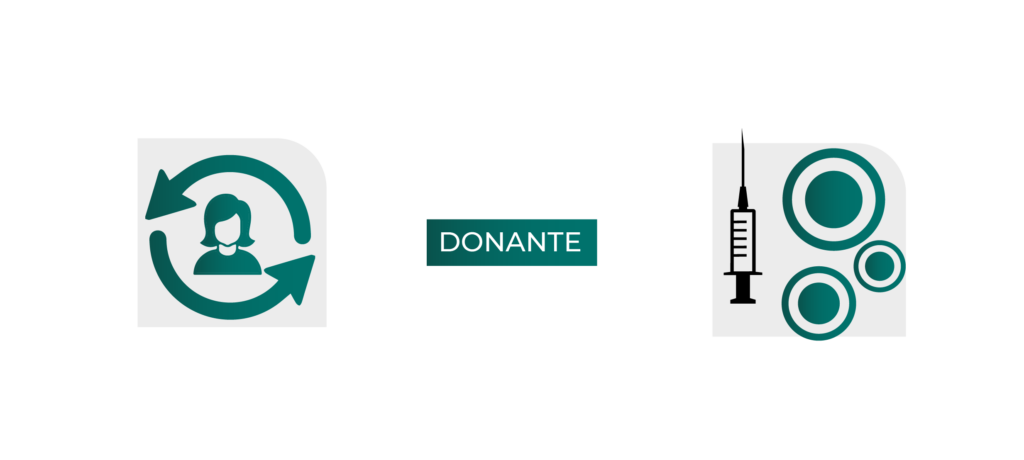
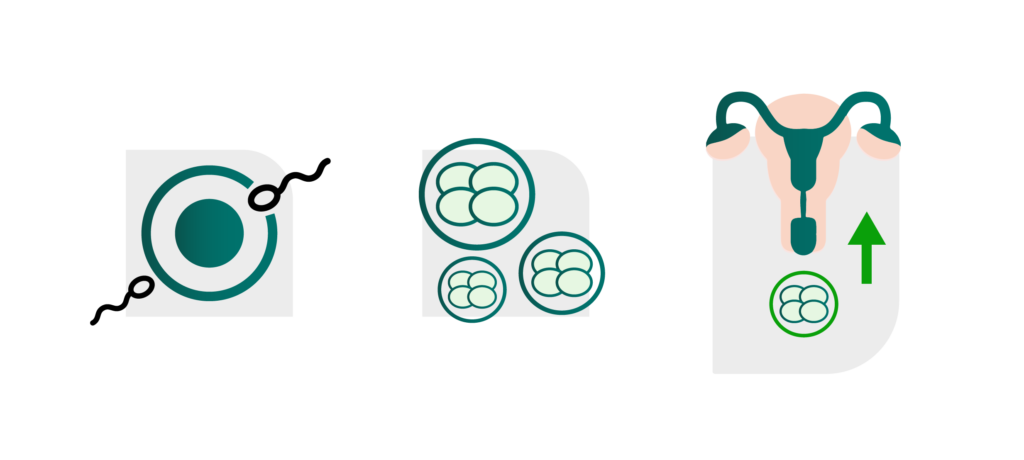
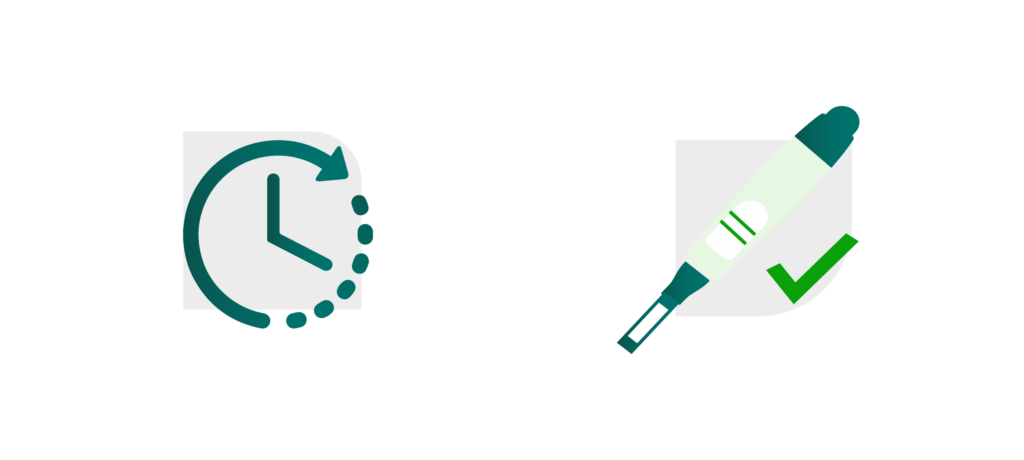
The donors are specially selected for each patient by their doctor. They are anonymous donors, as Spanish Law 14/2006 of 26 May on Assisted Human Reproduction Techniques establishes that donations must be made anonymously, voluntarily, informed and unpaid. At Institut Marquès, we have more than 2000 premium donors of all phenotypes to guarantee the best choice for each case. Having our own gamete bank, we personally know the donors and choose the best match.
Both egg and sperm donors are healthy young people who wish to help other people start a family. They undergo an exhaustive medical review, which includes analyses, psychological tests, karyotype studies, tests to rule out infectious diseases and specific tests to discard the most common genetic mutations in the European population. In addition to their blood group and Rh, they are selected according to their physical characteristics. Hereditary character traits are also considered. We seek the perfect match between the patient and donors.
Egg donation procedure at a distance (DOD) at our centre in Rome (Italy)
Thanks to the Egg Donation at a Distance (DOD) programme, patients who come to our centre in Rome to carry out IVF with egg donation do not have to travel to Barcelona for the embryo transfer.
The first visit, the collection of the sperm sample and the patient’s preparation for embryo transfer are all carried out at our facilities in Italy. The partner’s sperm sample is frozen and sent to the Institut Marquès laboratory in Barcelona, where In Vitro Fertilisation is carried out with the donor’s eggs. The embryos are cryopreserved on their fifth day of development (blastocyst) to be sent to Italy, where the transfer will take place.
IVF procedure in Barcelona for international patients: Just for Transfer
In countries where Egg Donation at a Distance is not possible, Institut Marquès has created the Just for Transfer programme. This is an alternative where patients only have to travel for the embryo transfer.
In this case, the donor’s and patient’s cycles must be synchronised. The entire procedure can be done without freezing the gametes (fresh): the sperm sample can be obtained on the same day the donor’s ovarian puncture is carried out. Once IVF is performed, patients must wait five days for the embryo to reach the blastocyst stage for transfer.
Below you can consult the basic prices of our treatments. We can finance your treatments interest-free. Click here to find out about our financing options.
The cost of the donor semen sample, if necessary, is not included in the price of the treatment.
At Institut Marquès, we are confident in our ability to help you and want to accompany you in your life project. T his is why we have designed our exclusive IM Premium Pregnancy Insurance. It offers the opportunity to recover 70 % of treatment costs (refund) if, after three cycles, a progressive pregnancy has not been achieved. We propose a fixed price that will cover these three cycles in some treatments. Are included: In Vitro Fertilisation, Embryo Donation and In Vitro Fertilisation with donor eggs. > Further information
The main difference lies in the origin of the eggs. In conventional IVF, eggs from the woman seeking to become pregnant are used, whereas in IVF with egg donation, the eggs come from a donor. This approach is used when the woman is unable to produce viable eggs.
The cost of IVF with egg donation is generally higher than conventional IVF, due to the costs associated with egg donation, such as donor compensation, medical tests and the cryopreservation process. Prices can range from 6,000 to 13,000 euros per cycle depending on what is included in the treatment price.
Early signs of a successful transfer may include light bleeding, abdominal swelling and breast tenderness. However, definitive confirmation is only obtained through a pregnancy test about 10-12 days after the transfer.
Embryo transfer is generally performed 3 to 5 days after fertilisation, when the embryos have reached the blastocyst stage. This allows the embryos with the highest implantation potential to be selected.
Embryos can be frozen and stored for several years without losing their viability. The decision of when to use these embryos depends on the couple’s reproductive plans.
To maximise the chances of success, it is important to synchronise the menstrual cycles of the donor and recipient. This is achieved by administering hormonal drugs, which prepare the recipient’s uterus to receive the embryos at the right time.
The process of IVF with oocyte donation begins with ovarian stimulation of the donor to collect the eggs. These eggs are fertilised in the laboratory with the sperm of the spouse or a donor. The resulting embryos are cultured for a few days and then transferred to the recipient’s uterus.
The number of embryos to be transferred depends on several factors, including the age of the woman and the quality of the embryos. At Institut Marquès we transfer a single embryo in more than 90% of cases. This demonstrates that the probability of success does not decrease and thus avoids the risks of multiple pregnancies.
After the embryo transfer, it is recommended to lead a quiet life, avoid stress and follow the doctor’s instructions.
Unused embryos can be cryopreserved for future pregnancy attempts. They can also be donated to other couples or for research, depending on the country’s legislation and the recipient couple’s preferences.
Rellena el formulario y nos pondremos en contacto contigo para organizar una visita con un especialista en Reproducción Asistida.
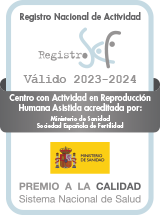

Institut Marquès, clínica LGTBI Friendly